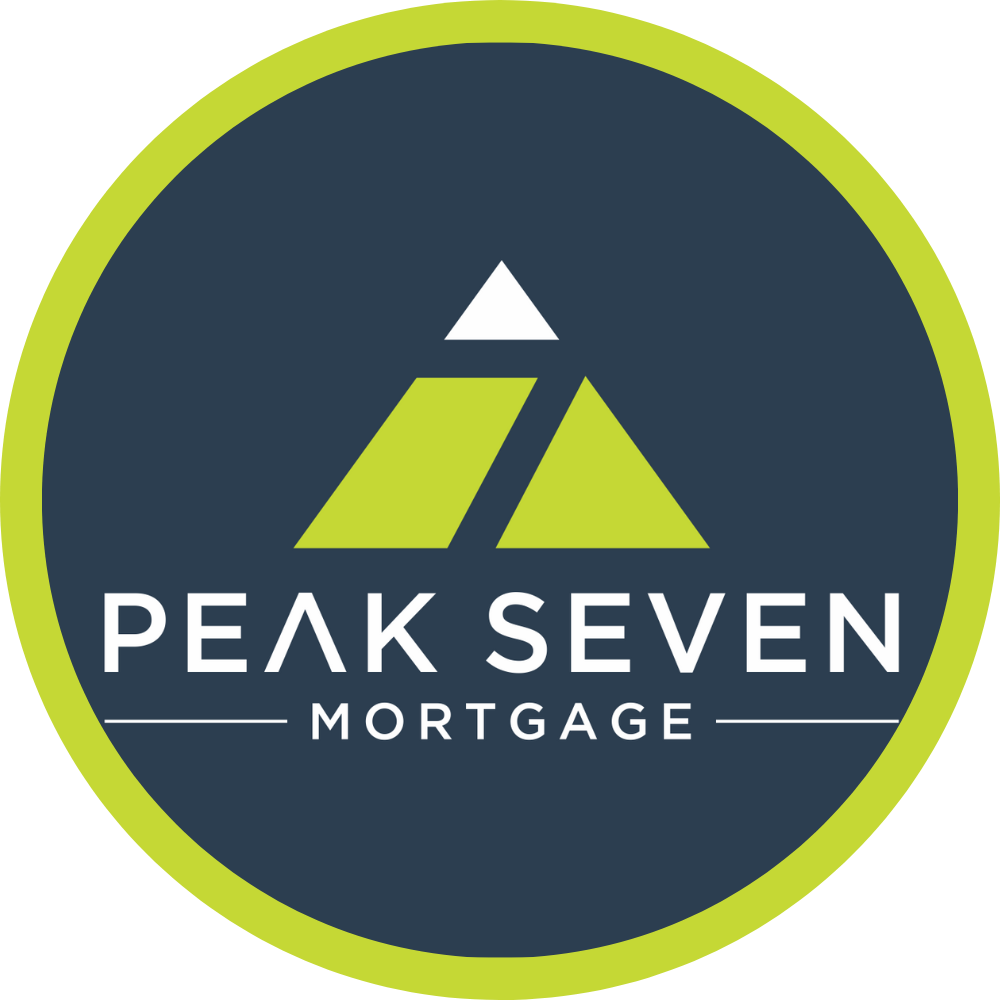Colorado
Jumbo Loans
Are you looking to invest in a high-value property?
Colorado is home to some incredible high-value properties, and for buyers looking to finance above standard loan limits, a jumbo loan can provide the flexibility and power to purchase without compromise.

JUMBO LOAN
Jumbo loans are designed for homebuyers who need to finance properties that exceed the limits set by conforming loan standards. These loans offer the flexibility to purchase high-value homes without needing to split the financing across multiple loans or make an exceptionally large down payment.
In Colorado, where luxury real estate and high-cost markets are common, jumbo loans provide a practical solution for qualified buyers looking to purchase primary residences, second homes, or investment properties that go beyond conventional price caps.
Unlike conforming loans, jumbo loans are not backed by Fannie Mae or Freddie Mac. Because of this, they often require a stronger credit profile, a larger down payment, and thorough income and asset verification—but in return, they open the door to some of the most desirable properties on the market.
Borrowers can choose between fixed or adjustable interest rate options, and many lenders allow loan terms to be customized to meet long-term financial goals. Jumbo loans also often skip private mortgage insurance (PMI), even when financing more than 80% of the home’s value—depending on the lender.
Whether you're buying a luxury home or upgrading to a property in a high-cost area, a jumbo loan can be the financing tool that brings your plans to life.
Our Relentless Commitment Is To Provide You With
The Best Possible Services

Jumbo Loans
and How They Work
Jumbo loans are used to finance homes that exceed the conforming loan limit, which is currently $766,550 in most areas and higher in certain high-cost regions. Because these loans fall outside of typical lending guidelines, they are considered “non-conforming” and follow stricter qualification criteria.
These loans are ideal for buyers looking to purchase luxury properties, homes in competitive markets, or unique real estate that wouldn’t qualify under conventional loan programs.
While jumbo loans may come with slightly higher interest rates due to increased risk to lenders, many buyers find that the tradeoff is worth the access it provides to premium homes and competitive financing structures.
They are available for both purchases and refinances, giving borrowers flexibility as they move through various stages of homeownership.

How to Qualify for a
Jumbo Loan
Qualifying for a jumbo loan typically requires a strong overall financial profile.
You’ll need a higher credit score than conventional loans—most lenders look for a score of 700 or above, though some may approve borrowers with slightly lower scores depending on other factors.
Income documentation is more thorough, and you’ll likely need to show at least two years of stable, high income, along with sufficient assets or reserves to cover several months of mortgage payments.
Down payments typically range from 10% to 20%, depending on the loan size, your credit, and the lender. Unlike standard loans, jumbo loans often do not require private mortgage insurance, even with a down payment under 20%, making them more cost-effective over time.
Debt-to-income (DTI) ratios are usually capped around 43%, although lower DTI is preferred.
In short, a jumbo loan is designed for well-qualified buyers seeking high-value properties—and with the right preparation, it could be your key to unlocking the home you’ve always wanted.
Comparing Jumbo Loans to Other Mortgage Options
Jumbo loans often come with interest rates that are just as competitive—if not better—than those available for conventional mortgages. While a down payment may not always be required, the rate you receive depends heavily on your overall financial profile.
Your credit score is one of the biggest factors. The higher your score, the more likely you are to qualify for a lower interest rate. Lenders use your credit score to assess how reliable you are as a borrower, especially when large loan amounts are involved.
The amount you put down also plays a major role. A larger down payment reduces the lender’s risk and can help you negotiate more favorable terms. Even though some jumbo loans don’t require a minimum down payment, putting more money upfront shows financial strength and commitment—both of which can lead to better rates.
Lenders will also look closely at your debt-to-income ratio, job history, and available assets. These factors help determine your ability to repay the loan and influence the rate you’re offered.
Getting the best possible rate on a jumbo loan takes planning. By improving your credit, saving for a solid down payment, and keeping your finances in strong shape, you’ll be in a much better position to qualify for competitive terms.
The better your financial picture, the more options you'll have—and the more confident you can be in financing a high-value home.
OUR TEAM

Victor Malone
Owner/Broker
Testimonials
WHY People TRUST and LOVE Us
Office:
Victor Malone, NMLS #1084279
Peak Seven Mortgage, NMLS #1712479
2245 Yankton Place Colorado Springs, Colorado 80919
Call: 719-304-4900
Email: [email protected]


